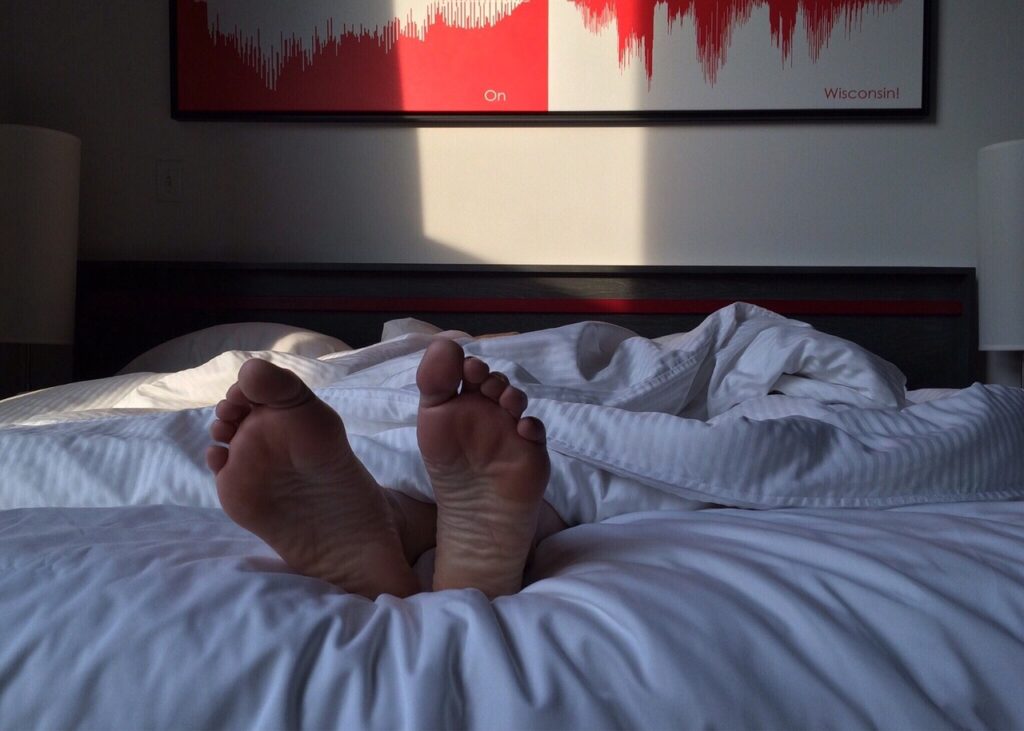Sleep difficulties
Many parents tell us their child has difficulties sleeping.
Sleep is very important for our mental health.
Poor sleep can be linked to physical health problems such as weakened immune systems and mental health difficulties such as increases in anxiety and low mood.

Children on the autism spectrum can have increased challenges with regards to getting the recommended amount of sleep for the following reasons, including:
- Difficulties with understanding relaxation and an inability to ‘switch off’ at the end of the day.
- Sensory overload contributing to high stress levels at the end of the day.
- Difficulties with ‘getting the gist’ meaning they are not reading all the cues that the bedtime routine has started and it is time to ‘wind down’.
- Noise sensitivity meaning they are more likely to be distracted and alerted by low level noises within the house.
- Light sensitivity meaning they are more likely to be effected by the lights (however small) that are left on.
- Sensitivity to blue light emitted from screens. Research indicates that this effects the level of melatonin in our bodies. Melatonin is a naturally occurring hormone in our bodies. It is increases in melatonin that occur in the evening and when it is dark that lead us to feel sleepy and fall asleep.
- Sensitivity to caffeine.
- Some children on the autism spectrum may produce reduced levels of melatonin or have an atypical body clock.